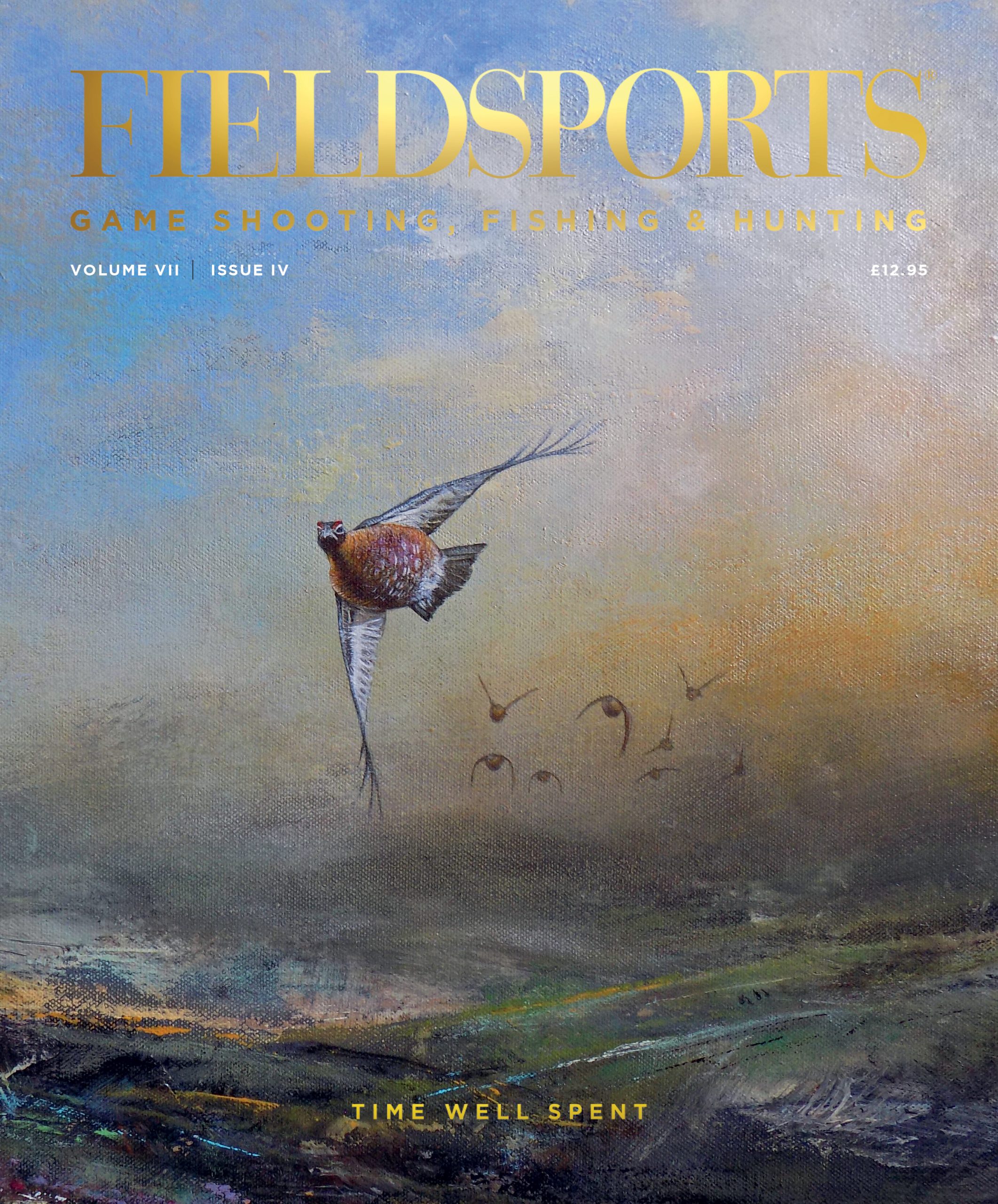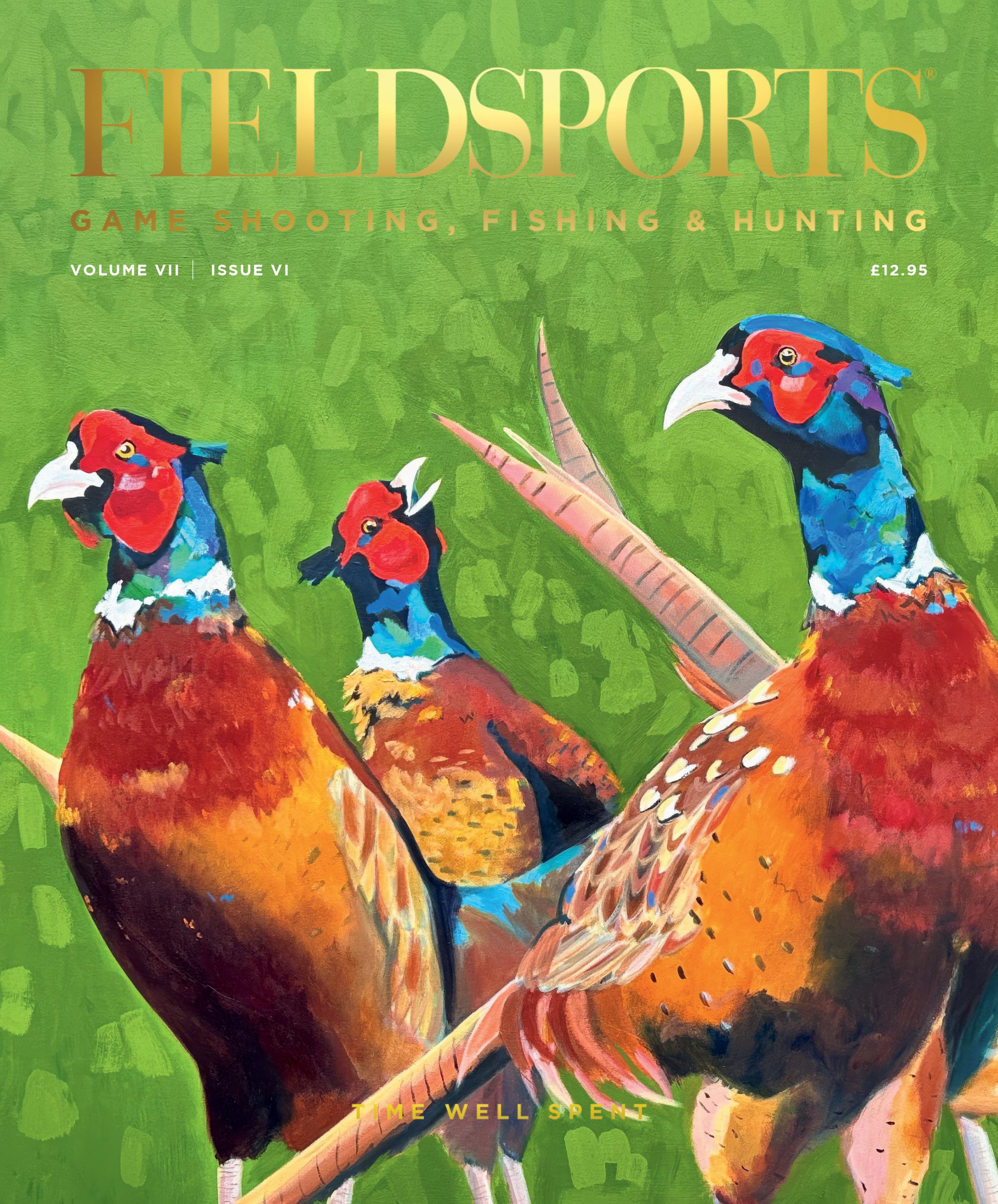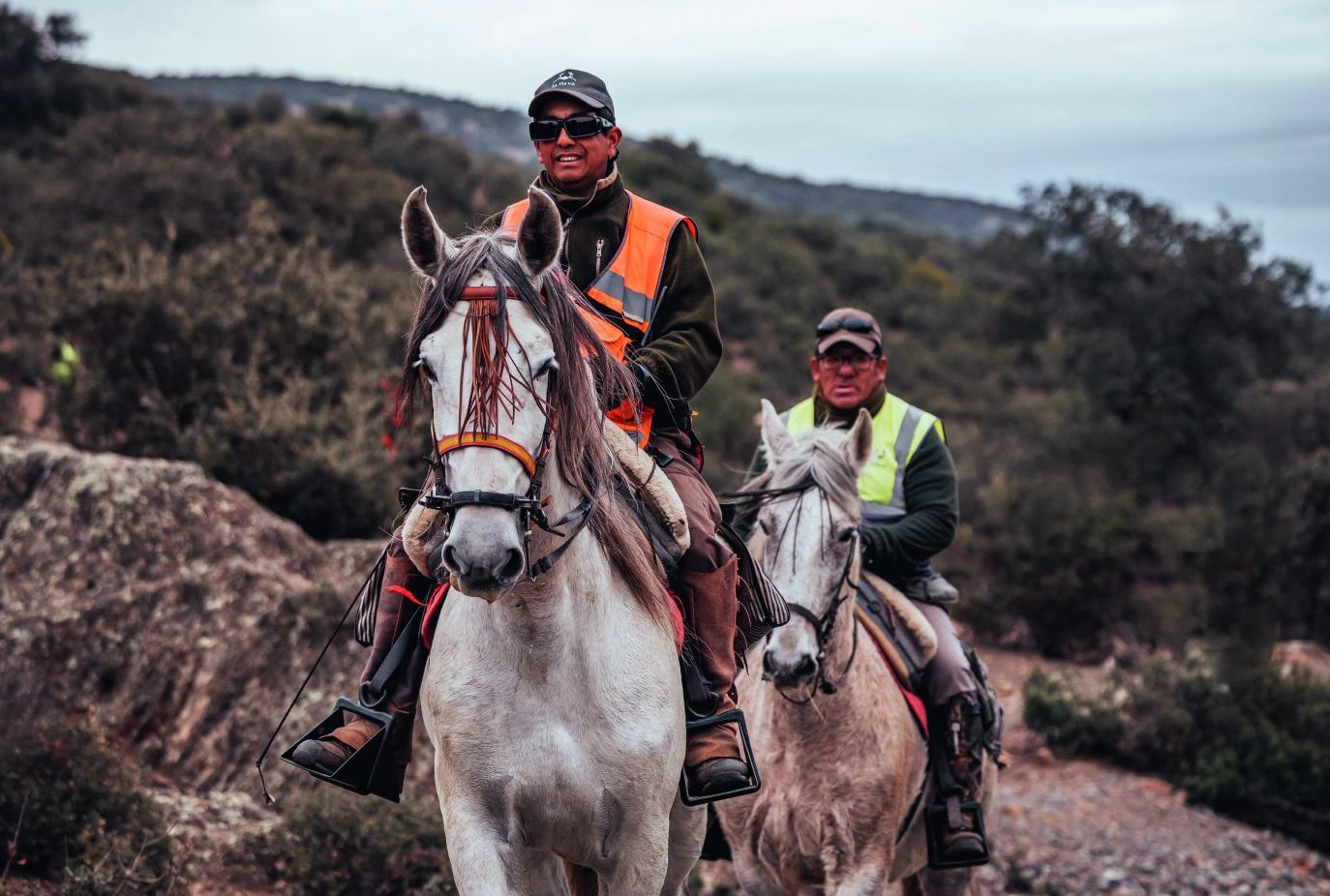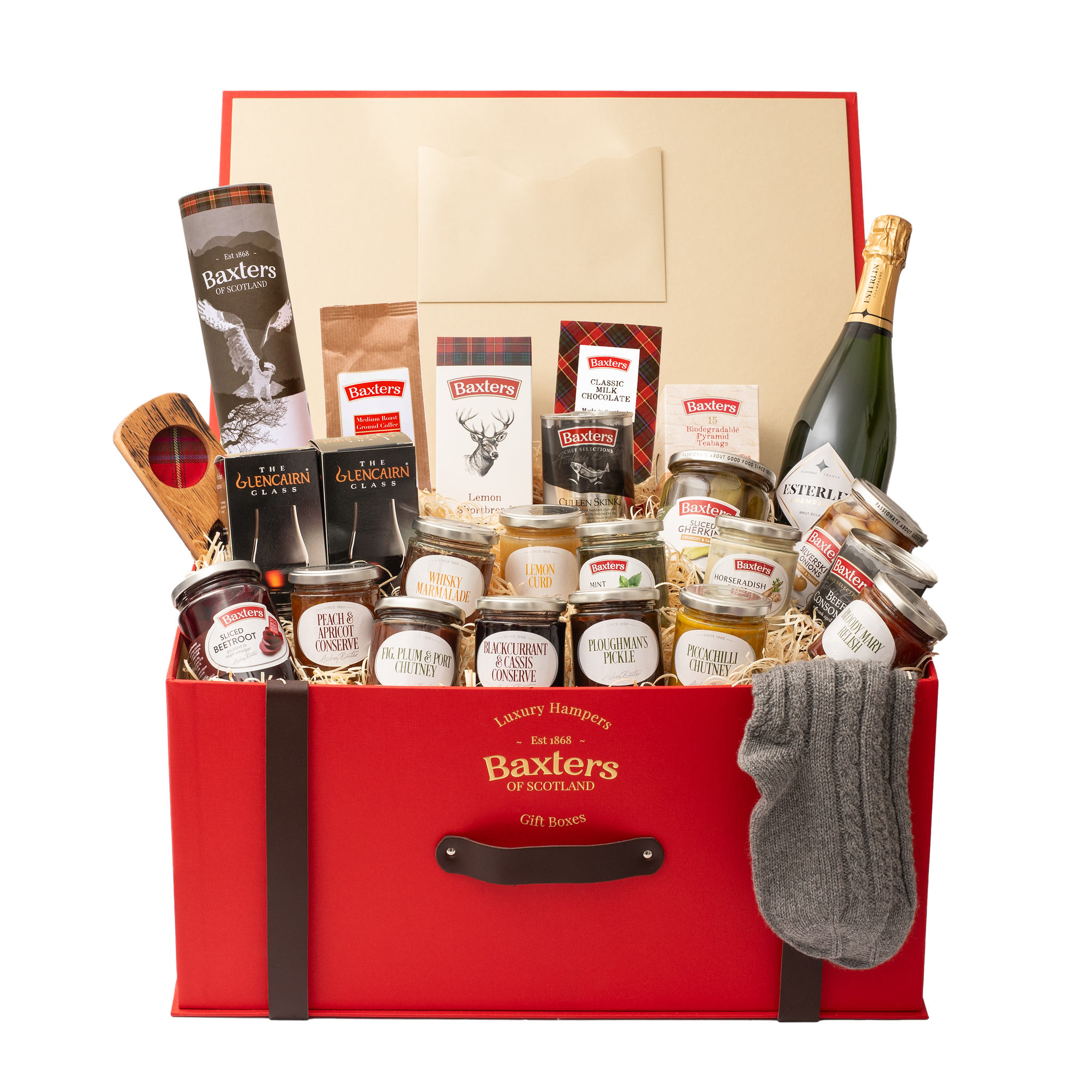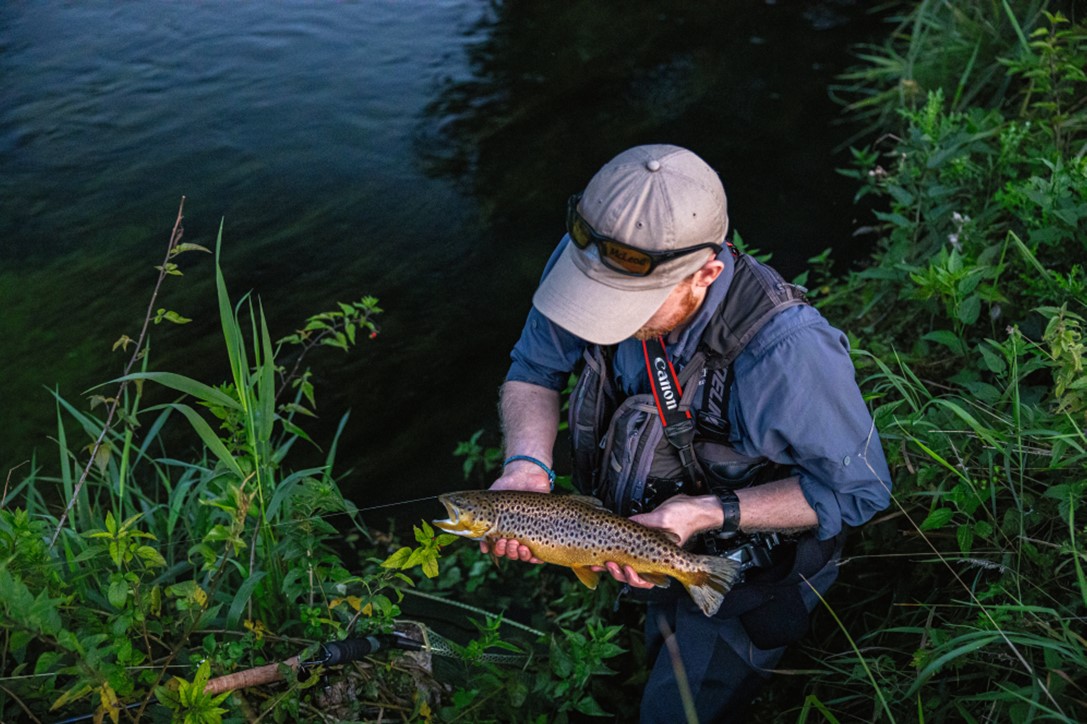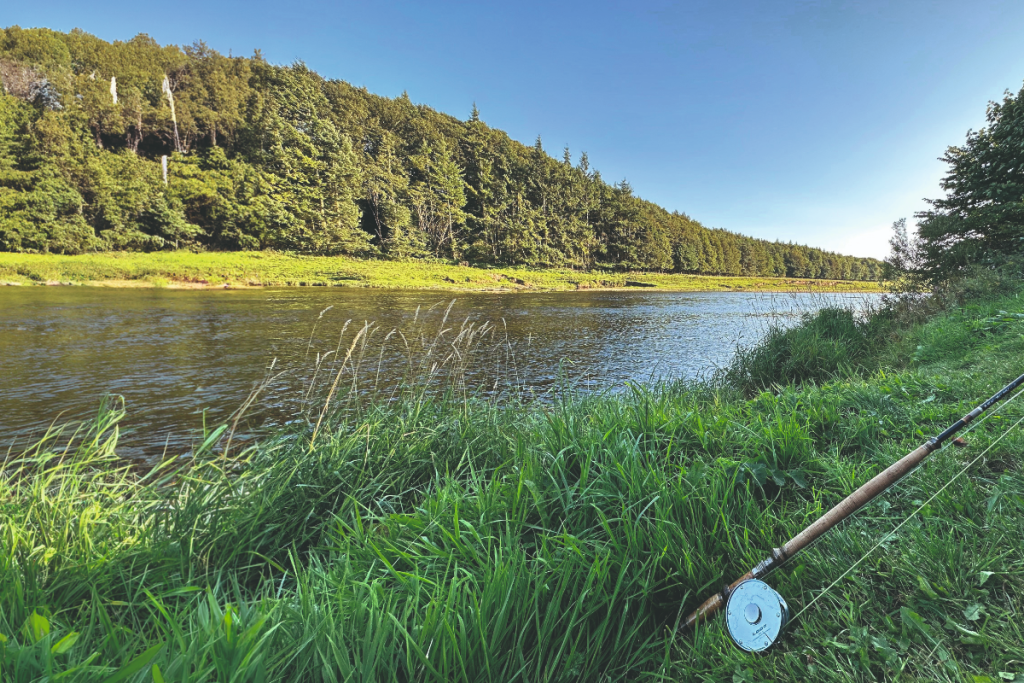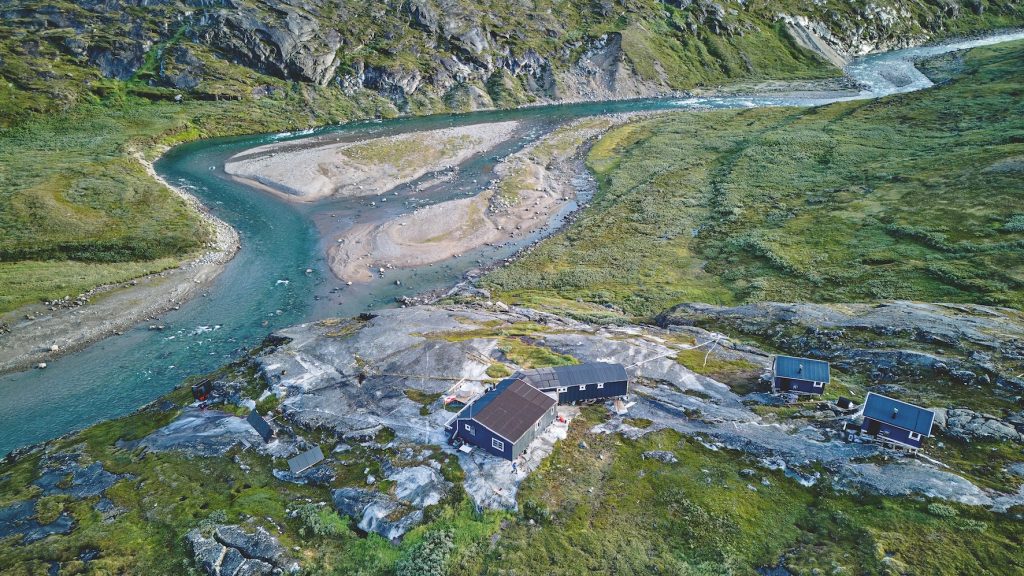Family Ties
Alex Jardine, the son of recent guest editor Charles Jardine, is a guide with specialising in British chalkstream and international fly fishing. Here, he allows us a glimpse into some of his most treasured memories fishing with his father
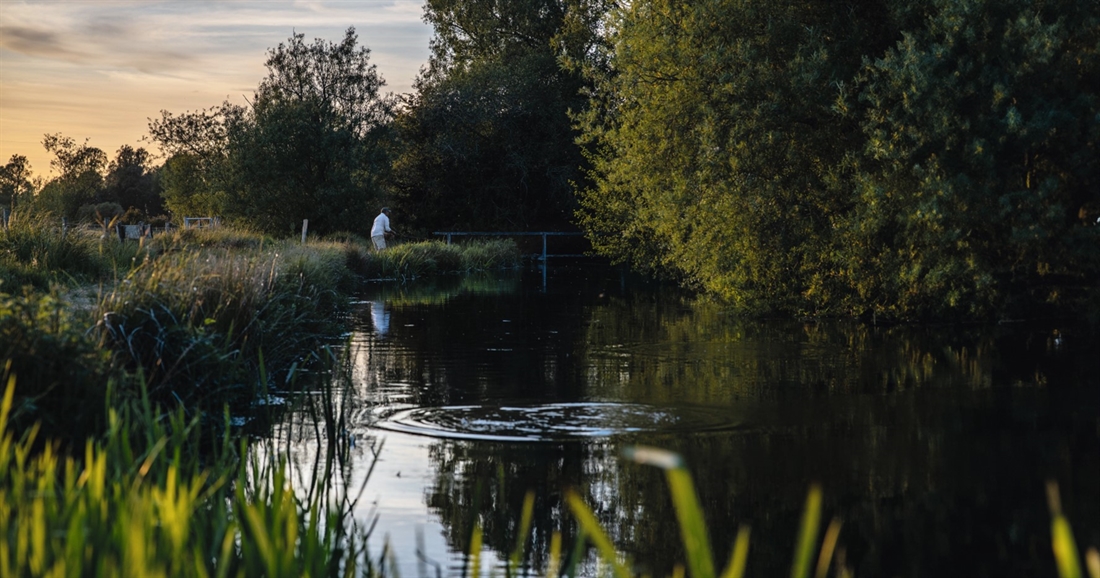
English chalkstream fly fishing has been widely documented through the ages, a history that has born many rules but also much inspiration.
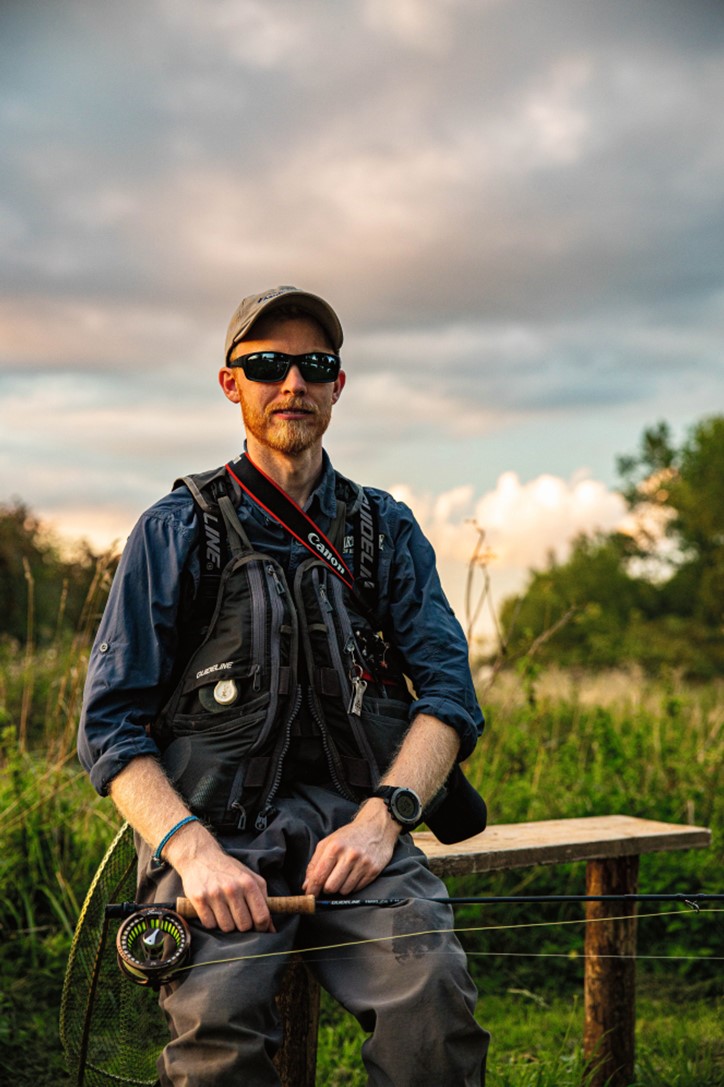
As a boy, I was incredibly fortunate that it was not the countless pages of fishing days past but the rivers themselves that nurtured my passion for fishing. My father, Charles, showed me rivers and beats that most anglers could only dream of. Crystal clear waters, bright gravels, flowing ranunculus, and rising trout and grayling.
The majority of my early fly fishing days were spent on small stillwaters, reservoirs and the freestone rivers of mid-Wales, Derbyshire and Yorkshire. The more I ventured out on rivers, the more they got under my skin. The ever-changing nature, complexities of the currents and general challenges they provided were captivating.
Chalkstream rivers during the trout season were then, and still are, work. A time to teach and guide others on the immense joy and beauty these places possess. It meant that much of our own fishing on these rivers was done during the winter, a time when others much preferred to be pursuing different quarry or nestled somewhere warmer. It is these days that are hard to forget: crisp mornings, fleeting kingfishers, misty waters, mid-afternoon flurries of large dark olives, and sparkly silver grayling.
Over the years, my father and I have been lucky enough to share many days on the water throughout the seasons. One of the many observations over that time is that while the mayfly hatch is seen as the pinnacle of chalkstream fly fishing, my most cherished memories are often at other times in the season.
Nearly every April, we furiously compare notes and new fly concepts that could bring about success while the rivers are still slow to awaken. Large dark olives and grannom are flies at the forefront of those discussions. Most of our trips at this point of the season are focused on the western chalkstreams in Dorset and Wiltshire, and some years we time it right and hit the water just in time to enjoy the brief flurry of flies hatching and rising fish that make this time in the year so special.
May into June, we very rarely share a cast; now, it is a time for guiding. The river Test is often our home and the days are long. It is this part of the season when one of my earliest fishing memories lies, thanks to the wonderful 1997 BBC TV series, Tales from the River Bank. The episode was focusing on the mayfly, and my father was one of the people to portray this uniquely wonderful time of year.
From our base at The Mayfly pub, he tied the imitation dry fly before we headed to the extensive fishing beats of the Leckford Estate on the Test. For once, nature did what it was meant to when it was meant to, and the Ephemera danica hatch happened in its full force. Brown trout feasted for as far as the eye could see. As a young boy, the experience was mind blowing. The biggest trout in the river let go of all inhibition and took almost anything that resembled the real fly, I saw some of the largest trout landed that day. Perhaps all trout look like Moby Dick to a seven-year-old though…
Despite that early memory, it is perhaps mid-summer that remains my most cherished of memories. We have both been fortunate to visit some special pieces of water both at home and abroad, but it is a section of the river Itchen above Winchester that remains hard to beat. If I could design a stretch of chalkstream, I would not deviate too far away from here. Beautiful clear waters, thick ranunculus beds, good fly life and consistently active wild brown trout.
When we talk about great fishing days, the common misconception is that the whole day was great. This is rarely the case in fly fishing, especially dry fly fishing. Hatches are fickle things, some days they trickle all day, other days they flurry for short periods, and some days they do not happen at all.
During July and August, the holy grail – at least for me – is the blue-winged olive spinner fall. The time when the full adult females of the insect return to the river to lay their eggs. The daytime, particularly when it is hot and sunny, will see a steady trickle of the insects hatching, almost unnoticed by the angler. That is until the late evening, and I mean late, with the action seldom kicking off much before the last half hour of visible light.
The special day that lives in my memory banks is one where I left work one evening and scuttled down to Winchester. Arriving at the river, the warm evening was pleasant and the knowledge that the spectacle should come later meant that there was plenty of time to sit and watch the water by the hut. Inevitably, patience wore thin and the need to cast to the odd riser here and there was too great. Working my way upriver and casting to the fish in-between beds of weed.
Completely in my element, even at that moment I could not imagine the amazement to come.
The sun, about to dip below the tree line, sent a wonderous hot orange cloak across the sky. I caught up with my father just in time to reach a large shallow gravel bar at the tail of a deep pool. It was here that the blue-winged olive spinner fall reached such epic proportions that it was hard to make out the river in front of you – the scale of which I have only witnessed one other time since. The river was alive with fish and birds enjoying the feast. I witnessed one trout swimming across the shallows with its mouth open to allow as many of the carpet of dead insects to be hoovered up as possible… something more akin to the feeding habits of blue whale than a trout!
The day drew to a close, not because the fly in the air had reduced or the feeding frenzy had stopped, but because the light had faded to a point where you were casting and trying to listen to the sound of a rise in the direction of your fly. As with all good things, the end came about too quickly and left me yearning for more!
Overall, when all is said and done, it is not the fishing or the venue that makes these days special but the company that one shares. For my father and I to share a passion, and to enjoy these moments together, is a wonderful thing even if we are blessed to do so in beautiful places. The riverbank would be a much quieter and lonelier place without him to share it with. My hope is that now I have children of my own, I will one day be able to share that experience with them also.
Related Articles
Get the latest news delivered direct to your door
Subscribe to Fieldsports Journal
Elevate your experience in the field with a subscription to Fieldsports Journal, the premium publication for passionate country sports enthusiasts. This bi-monthly journal delivers unparalleled coverage of game shooting, fishing and big game across the UK and beyond.
Each issue offers a stunning collection of in-depth features, expert opinions and world-class photography, all presented in a timeless yet contemporary design.
Save 10% on shop price when you subscribe, with a choice of packages that work for you. Choose from Print & Digital or Digital only with each journal delivered directly to your door or via the app every other month, plus access to past issues with the digital back issue library.
